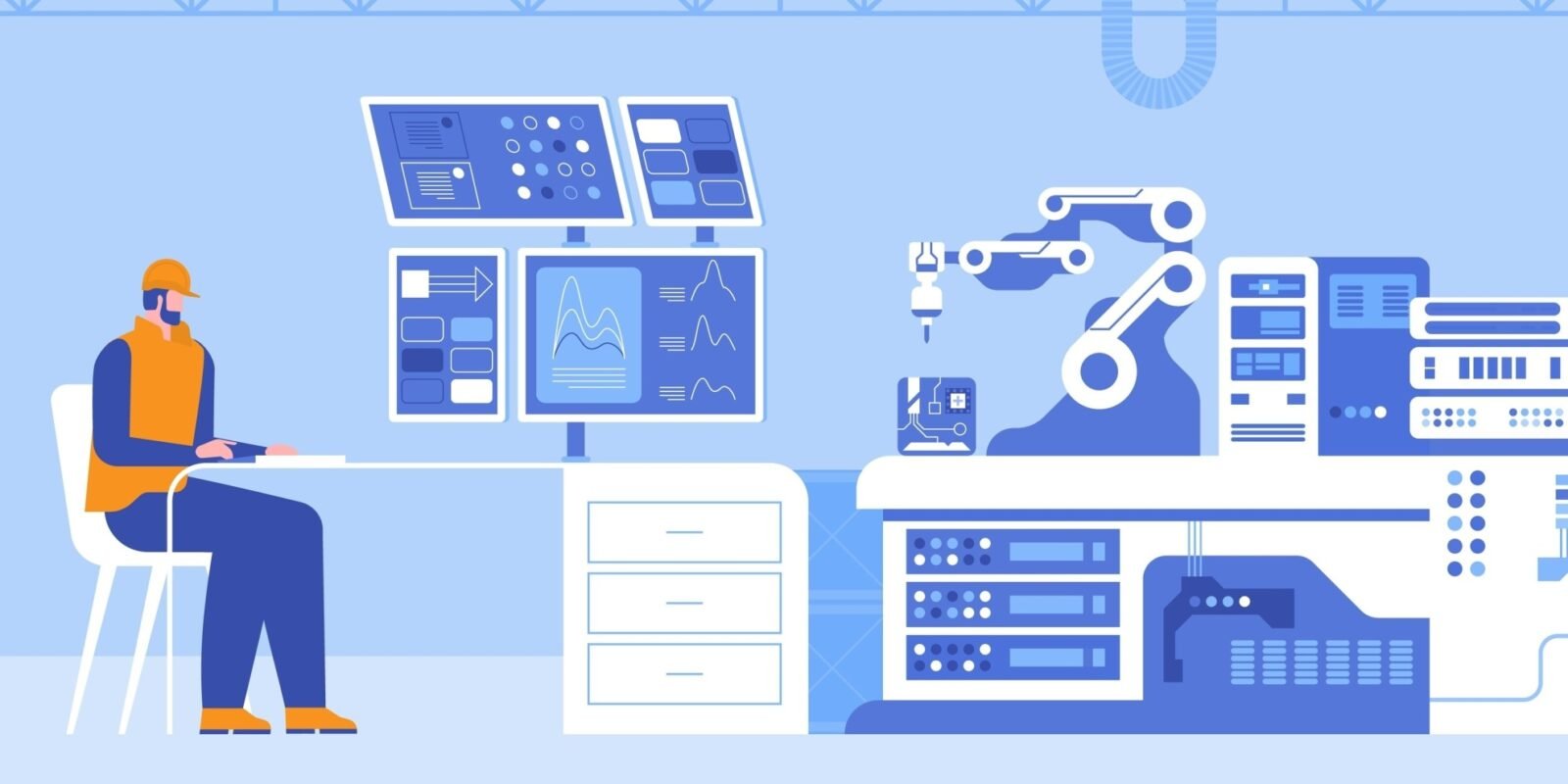Throughout the last decade, the Midwest has done everything in its power to shake off the urban and industrial decline label that the region had been saddled with since the early 1980s. And, as with many areas of the U.S. economy, the expansion of the tech industry has played a key role in the former Rust Belt’s revival, as well.
Having previously documented the performances of the top 20 Midwestern metros for tech workers and businesses, we’ve updated the study with the most recently available data on metrics, such as tech business, employment and earnings growth, as well as general quality-of-life indicators.
Key highlights
- Madison, Wis. finishes #1 with top performances for tech business density and employment
- Sioux Falls, S.D. leads ranking for highest percentage of new tech businesses added
- More than 8,200 tech patents issued in Chicago since 2020, Detroit runner-up with 5,590
- 89% increase in tech employment in Fargo, N.D.; 35,000 new tech jobs added in Chicago
- Rochester, Minn. outranks Chicago among Midwestern metros with the highest earnings for tech professionals
- Median tech earnings in Wichita, Kan. grow by 37% since 2019
- Dakota entries lead across quality-of-life metrics, boasting low unemployment and cost of living
For a breakdown of all of these indicators, along with data sources and other details, please consult our methodology.
Keep reading to find out more about the overall score of each metropolitan statistical area (MSA).
Madison Holds Off Ann Arbor to Snatch 1st Place – Chicago Closes Podium
Madison, Wis., headed the ranking for the top 20 tech metros across the Midwest with outstanding performances in three of the nine metrics in this study. Specifically, the Wisconsin MSA placed first for its ratio of tech employment opportunities within the local economy (with 69 out of every 1,000 jobs being in this sector) and ranked within the top three for its tech-business density and life-quality index. Madison’s tech ecosystem is particularly strong in areas such as health care technology, biotechnology and software development. At the same time, the strong local academic institutions, such as the University of Wisconsin-Madison, continue to be vital for both innovation and tech talent recruitment efforts.
In second place, Ann Arbor, Mich., mirrored Madison’s performances by picking up vital points for the highest density of tech businesses within its perimeter (roughly 44 out of every 1,000 firms fall under this category), as well as the second-highest percentage share of tech job opportunities across the top 20. With an array of health tech (such as ONL Therapeutics, Genomenon and Ripple Science); cybersecurity (like Blumira); and robotics companies (including Refraction AI) establishing a presence in the Michigan metro, there’s a lot to be optimistic about regarding the future of this business ecosystem.
Next, Chicago’s strength in terms of research and tech innovation — along with its ability to provide attractive wages to the best professionals in this field — secured it a third-place finish. Notably, the Illinois metro recorded the highest number of tech patents across a five-year period (2019 to 2023), while also boasting the widest pool of contributors.





